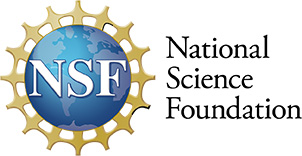The goal of the National Science Foundation grant is to create a pipeline of highly-skilled and engaged Data Analytics Technicians to meet current and future employment needs in the College's service area and beyond. The College serves a six-county service area that is predominately rural and low income. One county has a 15% Hispanic population.
* Collaborating with the Arkansas Center for Data Science and Spartanburg Community College



